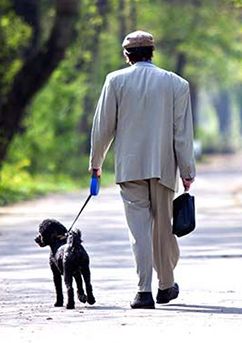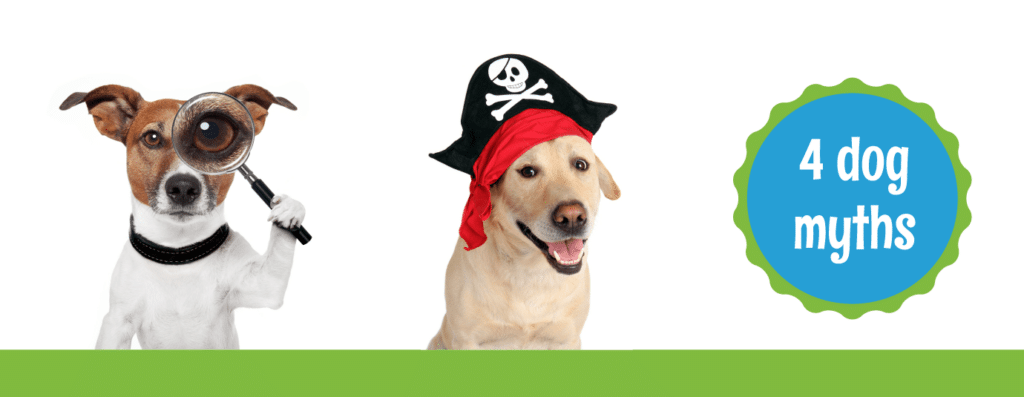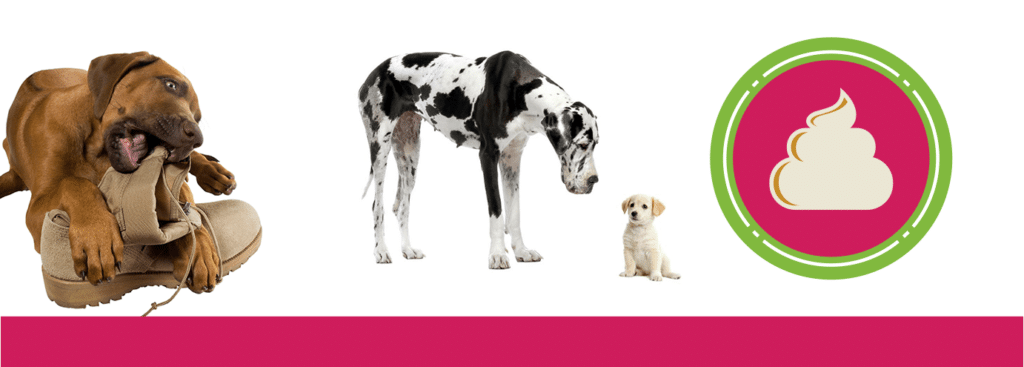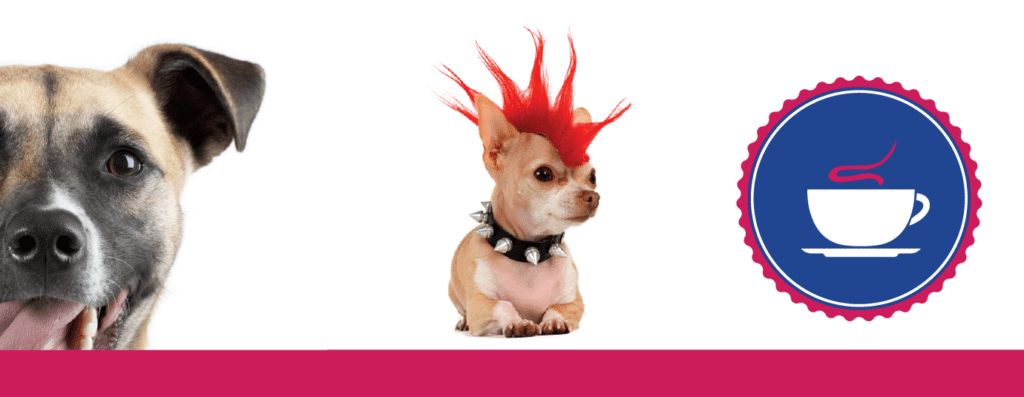Splash and Dash for Dogs loves dogs of all ages from puppies to senior dogs. It seems everyone focuses on how to get your puppies trained, but as your loved one gets older and becomes a senior dog, the caring them must correspond with their age. Depending upon the breed, senior dogs are more susceptible to heart disease, skin disease, diabetes, arthritis, and even cancer. It is important to maintain your dog’s health and practice preventative care before it is too late. Preventative care is usually cheaper and provides better health care options for your pets.Also, larger breeds have less longevity than smaller breeds. For example, an 18-month-old Chihuahua is still considered a puppy, while a Mastiff would be an adult at this point. The 7 human years to 1 dog year ratio is not accurate, and there are conversion tables and calculators available to find your specific breeds ‘human age.’ Splash and Dash for Dogs gives you 3 easy ways to make sure your pet companions age smoothly.
How to Lessen Dog Arthritis Pain
As a dog approaches and becomes a senior dog degenerative diseases of the muscles and tendons can develop may inhibit mobility. Getting in and out of the car, going up and down stairs, finding comfortable sleeping positions, and walking in general may become very painful for them. The best way to care for this pain is by providing soft bedding for sleeping, and even putting carpets over hardwood floors helps them stabilize themselves while getting up. If you have stairs in your house, you may want to purchase a ramp. There are also dog vitamins available to help prevent arthritis. Talk to your veterinarian about walk duration and make sure your walks aren’t too much for your dog to handle.
Should I Brush My Dog’s Teeth?
Although it may seem weird, most veterinarians agree that brushing a dog’s teeth is the single most effective way to take preventive measures against oral disease and maintaining oral health. This is best started as a puppy for familiarity but can be useful in caring for your senior dog. Dog toothbrushes are designed to reach the back teeth to remove plaque know as bacterial film, which can lead to periodontal and other oral pet diseases. If you are just now introducing brushing to your dog, there are finger brushes that may be more comfortable for your dog until they are used to the practice. Other methods of oral cleaning are medicated chew toys, treats, and Chlorhexidine oral rinses which are all safe and suggested by veterinarians.
 Should I be walking my Senior Dog?
Should I be walking my Senior Dog?
Splash and Dash for Dogs highly recommends walking dogs of all ages. Walking helps keep muscles, tendons, and bones healthy and also can prevent obesity and helps circulate blood. Even in old age dogs must be walked. Consult your veterinarian to find out how long and the intensity of the walk for your specific breed. It is important to observe your dog during the walk for body language that shows exertion. If your senior dog is panting heavily, and is trying to stop the walk, it may be time to call it a day. Also be wary of the temperature. The heat will fatigue a dog faster and short-nose breeds have trouble breathing in hot temperatures. Also, warming up, and cooling down, are both important practices for a walk. A two-minute warm up where owners walk slowly before reaching regular walking speed, and then slowing down again at the end of the walk, helps dog’s to maintain optimal heart-rates, and calms them down.

 Should I be walking my Senior Dog?
Should I be walking my Senior Dog?

